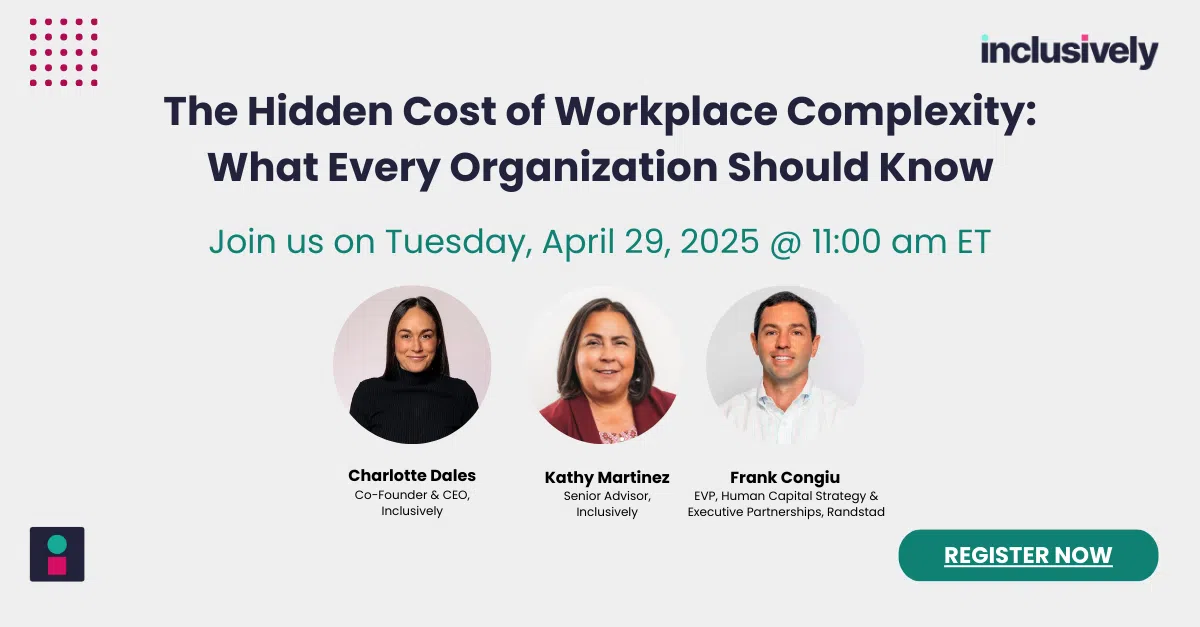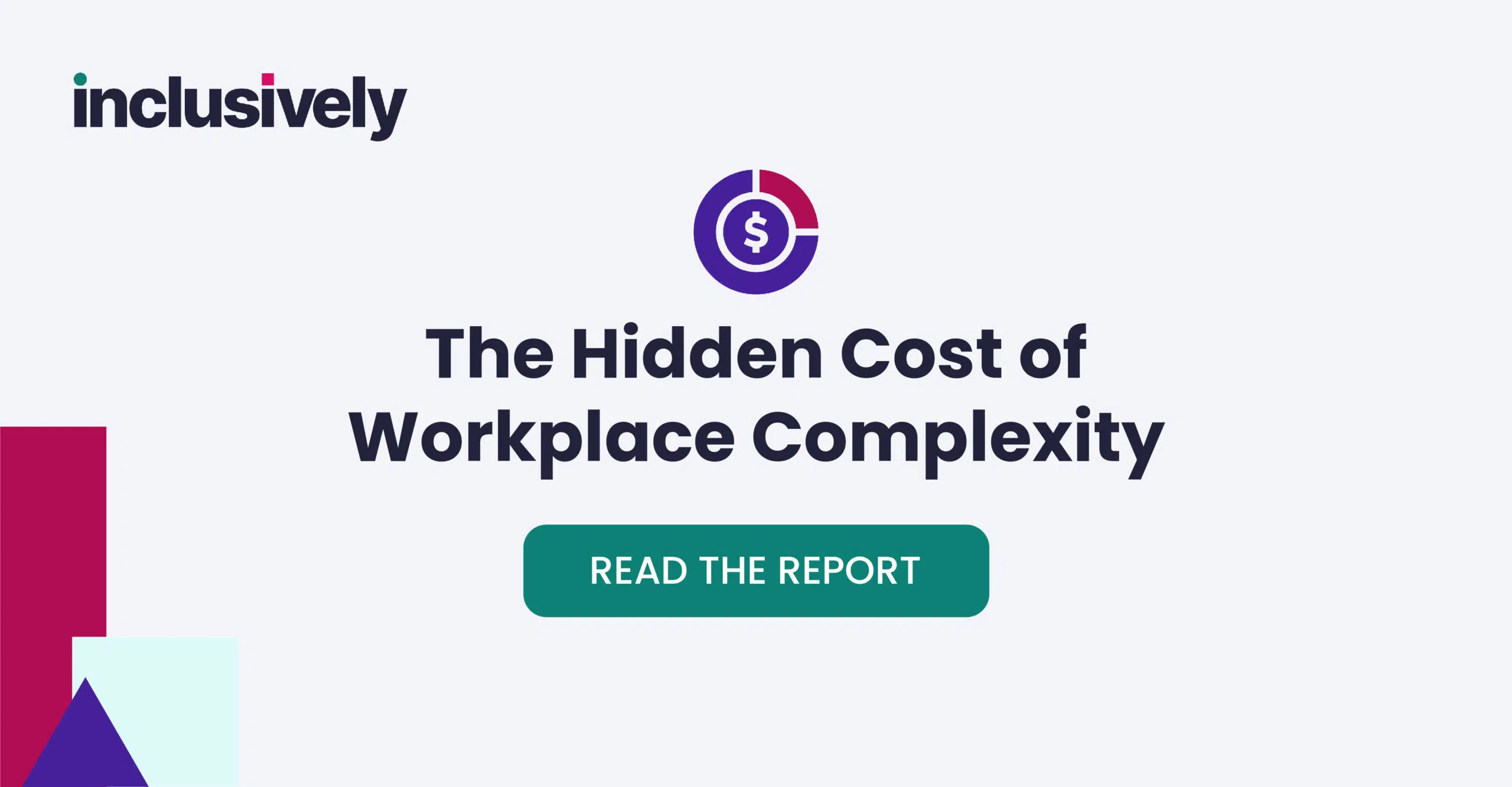As society progresses towards a more inclusive and equitable future, the world of work is seeing transformative changes that are creating fresh opportunities and posing new challenges for disabled workers. Inclusively, a leader in the realm of disability-inclusive employment, shares some insights into the evolving trends, emerging job opportunities, and potential hurdles in the future job market for disabled individuals. The company also provides recommendations for employers on how to embrace these trends and ensure inclusive opportunities.
Emerging Trends in the Job Market for Disabled Employees
One of the significant trends Inclusively forecasts is an increasing emphasis on inclusion in the workforce. Businesses and organizations are recognizing the immense value of diversity, leading to more job opportunities and improved support for disabled individuals. Moreover, advancements in assistive technology continue to facilitate employment for people with disabilites. These technologies, ranging from specialized software and wearable devices to communication aids, are enhancing accessibility and enabling individuals with disabilities to perform a wider range of tasks.
The COVID-19 pandemic has accelerated the shift towards remote work and flexible work arrangements. These trends, likely to persist in the future, provide increased opportunities for disabled people, particularly those facing challenges related to transportation or physical accessibility. Furthermore, employers are increasingly collaborating with disability-inclusive organizations to access diverse talent pools and receive support throughout the hiring process.
Finally, the focus on accessibility and accommodations is set to increase as awareness and regulations continue to evolve. Employers are prioritizing the creation of accessible workplaces and providing reasonable accommodations for employees with disabilities. The future job market will also see continued advocacy efforts and empowerment initiatives by organizations like Inclusively, working alongside other advocacy groups and employers to promote inclusive practices and ensure equal opportunities.
Emerging Job Opportunities for Disabled Job Seekers
The evolving job market is witnessing the emergence of several new job opportunities for disabled people. For example, the increasing focus on digital accessibility is driving demand for Digital Accessibility Specialists. These professionals ensure that websites, applications, and digital content are accessible to individuals with various disabilities.
The rise of remote work has also led to a growing need for Remote Accessibility Consultants, who assist businesses in ensuring that their remote work environments are accessible and inclusive. With advancements in assistive technology, Assistive Technology Trainers are becoming increasingly crucial in educating and supporting disabled individuals in effectively leveraging these tools.
Inclusive Design Specialists are working with companies to develop products, services, and environments that are accessible and usable by individuals of all abilities. Moreover, there is a rising demand for UX and Accessibility Testers, who play a crucial role in evaluating the accessibility of digital products and services. Finally, Disability Consultants are providing much-needed guidance to businesses in creating inclusive workplaces and fostering a culture of diversity and accessibility.
Potential Challenges in the Future Job Market
While these developments are promising, disabled workers may face certain challenges in the future job market. Prejudice and discrimination, lack of accessibility, limited awareness, and underrepresentation in leadership roles continue to be hurdles. Additionally, the financial misconceptions of accommodations, including the costs associated with assistive technology and personal support services, can add to the challenges. Intersectionality and multiple marginalizations can further complicate these experiences, leading to more complex and difficult barriers to navigate.
Inclusively’s Recommendations for Employers
As we look towards the future, employers have a significant role to play in fostering an inclusive and supportive work environment. They must foster an inclusive culture, prioritize accessibility and accommodations, expand recruitment channels, and review job descriptions to ensure they are inclusive. Providing career development opportunities, engaging Disability Employee Resource Groups (ERGs), collaborating with disability-inclusive organizations, and investing in continuous learning and improvement are crucial aspects of this commitment.
The Role of Supportive Legislative Policies
Another crucial factor that will shape the future job market for disabled individuals is supportive legislative policies. Government regulations that promote equal opportunity, enforce non-discrimination, and mandate reasonable accommodations play a pivotal role in fostering an inclusive work environment.
In recent years, several countries have introduced or enhanced laws to protect the rights of disabled individuals in the workplace. These legal frameworks ensure that businesses uphold their responsibilities towards disabled employees, ranging from prohibiting discrimination in hiring practices to requiring accessible work environments.
Moving forward, it will be vital for legislative bodies to continuously review and update these laws to reflect the evolving understanding of disability, advances in technology, and changes in the nature of work. Policymakers must also work closely with disability advocacy groups, employers, and disabled individuals themselves to ensure that these laws effectively address the unique challenges that disabled people face in the job market.
Moreover, employers must stay informed about these legislative changes and ensure full compliance. Non-compliance can lead to legal consequences and harm the company’s reputation. More importantly, complying with these laws is a testament to an employer’s commitment to diversity, equality, and inclusivity – values that are increasingly important to employees, customers, and society at large.
Conclusion
While the future holds promising opportunities for disabled employees in the job market, navigating the associated challenges will require concerted efforts from all stakeholders. Employers, in particular, must lead the way in embracing inclusivity, leveraging technology, modifying their hiring processes, and breaking down barriers. By doing so, they can tap into the immense potential of disabled individuals and foster a more diverse and inclusive workforce.


